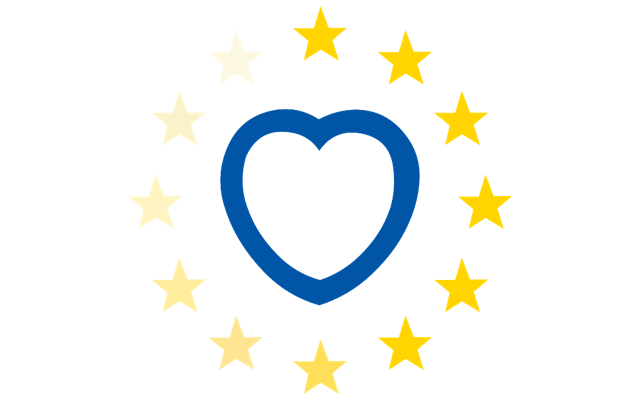Covid-19 – continuing education – EBAC / EBAC-AMA agreement renewed
Since 2020 the covid pandemic disrupted not only societies but also medical education.
What at first has been a survival strategy to many providers in 2020 has to a large part become the new normal:
“live” events (webinars), delivered online, often were followed by open access to the content for varying timespans (on demand), or hybrid activities. The latter comprising
- activities with in person audience, simultaneously broadcasted online
- asynchronous learning followed by a webinar (based on the content studied during asynchronous learning)
- in person meeting followed by an opportunity to further discuss and study related material online,
this list will probably not be exhaustive.
Recent reports in the Journal of European CME (JECME) have suggested that these new formats of learning – by far the quantitatively dominating educational format in the past – are at least as effective as in person meetings.
According to JECME accrediting bodies and regulators have reacted to this change and adapted, at least temporarily, accreditation rules of e-learning and accepted electronic learning formats as equivalent proof of CME.
It is not yet clear however whether this will be considered a temporary adaption or a lasting change in accreditation policy.
EBAC has already enabled accreditation of micro-e-learning for several years, and thus, could quickly adapt to the new challenges and assimilate the new formats under this framework. EBAC accepts tracking as proof of participation for all online learning formats (for further details please refer to the relevant documents on the EBAC website, or contact the EBAC office).
Tracking has to be implemented and controlled by the provider. Only in case tracking is not available, participation can be demonstrated by answering multiple choice questions.
As already demonstrated by the current practice of online education, the new formats will
- increase outreach
- foster interactivity
- create opportunities for workplace and problem (i.e. patient) related learning
- improve sustainability of education
- facilitate faculty building
- establish long-term relations between learners and providers
- achieve a satisfying work-life-balance
- reduce cost, and carbon footprint
EBAC fully supports these new and overdue developments for the benefit of an efficient future CPD serving the medical community and their patients.
EBAC-AMA agreement renewed
October 1st, 2021, the renewed agreement between EBAC and the American Medical Association (AMA) on conversion of CME credits has come into force.
Please note: According to this agreement all providers have to provide the AMA with a copy of the original EBAC certificate issued for your activity (to be sent to mary.kelly@ama-assn.org). This certificate should not only show the number of full CME credits, but also the exact amount of education time (e.g. 5 h:20 min)
At the end of another year heavily impacted on by the covid pandemic we all have demonstrated that firm will, creativity, and flexibility help us to maintain continuing education for health professionals, at the same time introducing new and improved formats of learning in medicine. This is encouraging in view of an ongoing pandemic.
On behalf of EBAC staff and reviewers I would like to extend our warm thanks to all of you for your continuing cooperation and support in 2021! Please stay safe!
With best wishes for a peaceful Christmas and a Happy New Year
Yours sincerely

